Indian kitchen is rich in healthy and testy snacks recipes. Indian snacks not only fill your senses with aroma, it also a great source of Omega3, Fiber, Vitamins and Iron. We are today going to discuss about few Indian snacks which can be stored and can be used as ready to eat snacks anytime of the day.
Snacks with Flax seeds : Flaxseed has numerous health benefits. As part of a balanced diet, flaxseed provides a rich source of the precursors to omega-3 fatty acids. Flaxseeds are good sources of dietary protein and fiber. In addition, they are versatile and available in several different forms, making it easy to incorporate flaxseed into many different recipes. Omega-3 fatty acids are particularly important for children because they are critical for brain function, as well as normal growth and development. Your child’s body cannot produce these fatty acids so they must be obtained from their diet. One ounce or approximately 4 tbsp. of flaxseed meal provides about 6 g of protein, and 8 g of fiber. In some studies, omega-3 fatty acids have been shown to reduce the severity of inflammatory disorders such as childhood asthma, rheumatoid arthritis, migraine headaches and osteoporosis.
Buy Flax seeds Ladus and Flax seeds Nimki
Snacks with Methi (Fenugreek): Fenugreek has been used both as a medicine and as a food spice in Egypt, India, and the Middle East. It was traditionally recommended for increasing milk production in nursing women and for the treatment of wounds, bronchitis, digestive problems, arthritis, kidney problems, and male reproductive conditions. Fenugreek leaves / uluva is enriched with iron and can be introduced in the form of methi parathas, methi dal etc
Multigrain and Oats : Breads and cereals are good sources of fibre, carbohydrates, protein and a wide range of vitamins and minerals. This food group should form the main source of energy in the diet. Grains are an essential part of a healthy diet, providing nutrients and energy for a child’s normal growth and development. Whole grains are important in your family’s diet as they are rich sources of vitamins B (B1, B2 & B3) and E, minerals (e.g. magnesium, zinc and selenium), dietary fibre and numerous phytochemicals that possess antioxidant properties and has the possibility of reducing risk of some chronic diseases.
Buy Oats, Multi Grain Atta & Honey Thekua
Pure Desi Cow Milk Ghee: Your growing baby needs almost 1500 calories per day for optimum growth and development. Feeding ghee to your kid is one of the easiest ways to boost his calorie intake and keep him energetic and active. To control fat deficiency, introduce ghee in his diet to maintain his fat intake per day. Ghee is easy to digest, lactose friendly, Rich in Vitamins and Promotes healthy brain development. An excess of ghee can be harmful to your growing baby. Hence, you should keep a close eye on the quantity of ghee consumed by your baby. Serve no more than 2-3 tbsp of ghee to your growing baby.

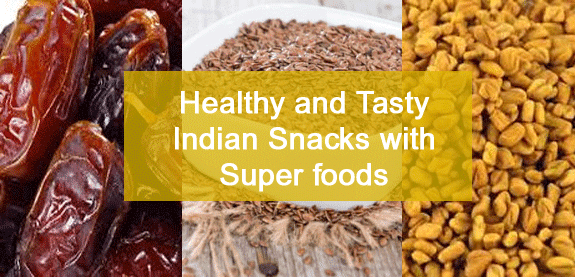
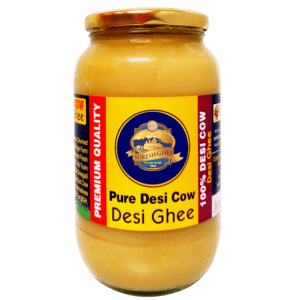
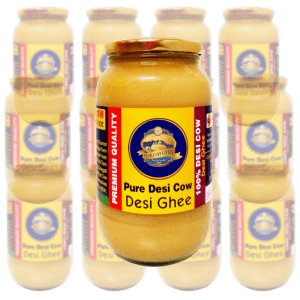
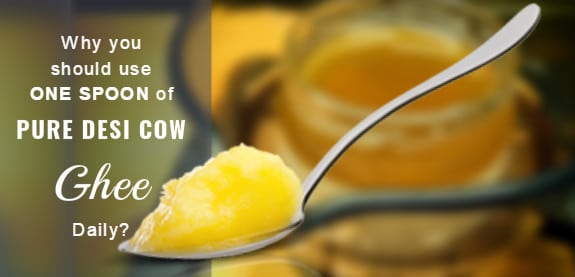
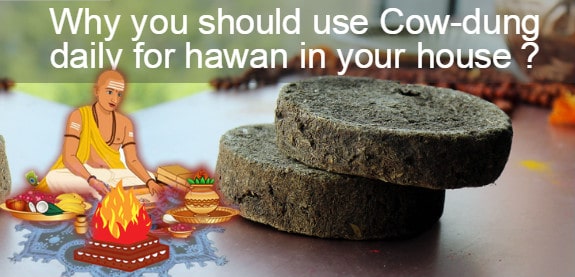
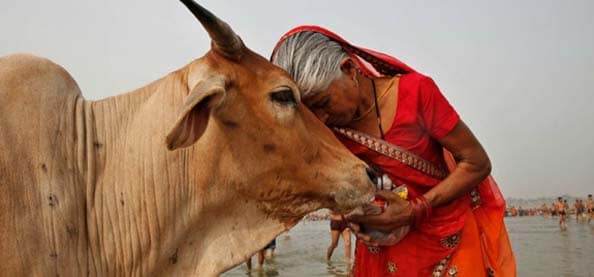
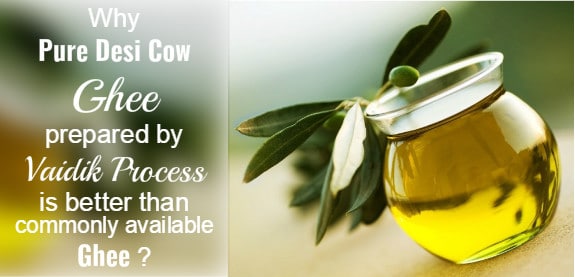
 WhatsApp us
WhatsApp us
Naveen m...